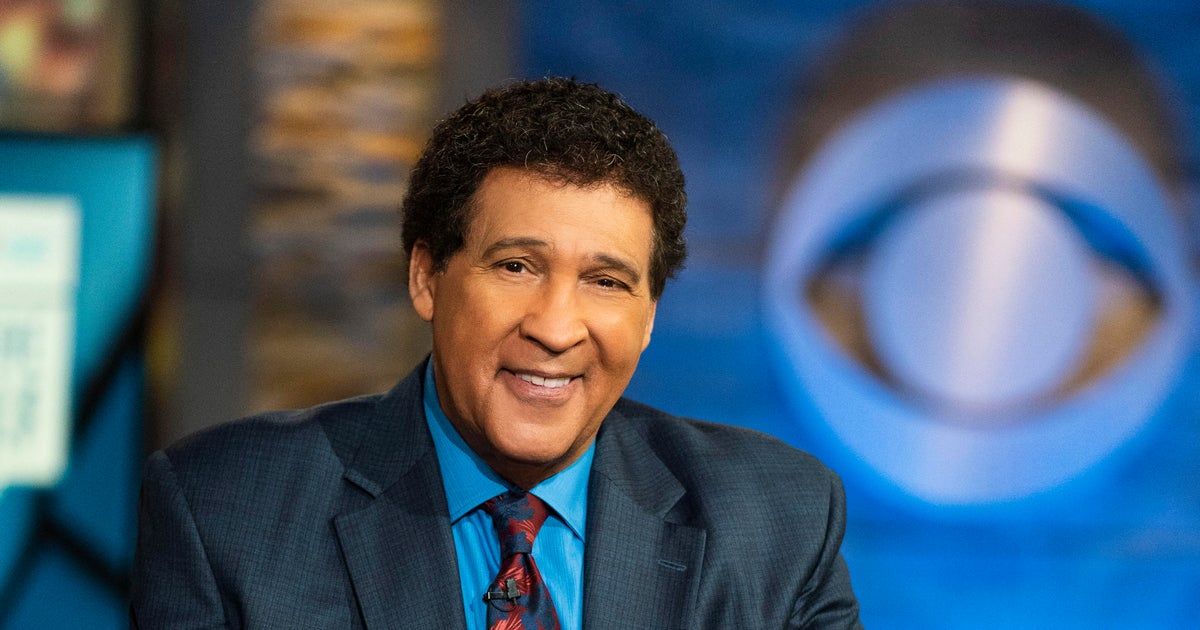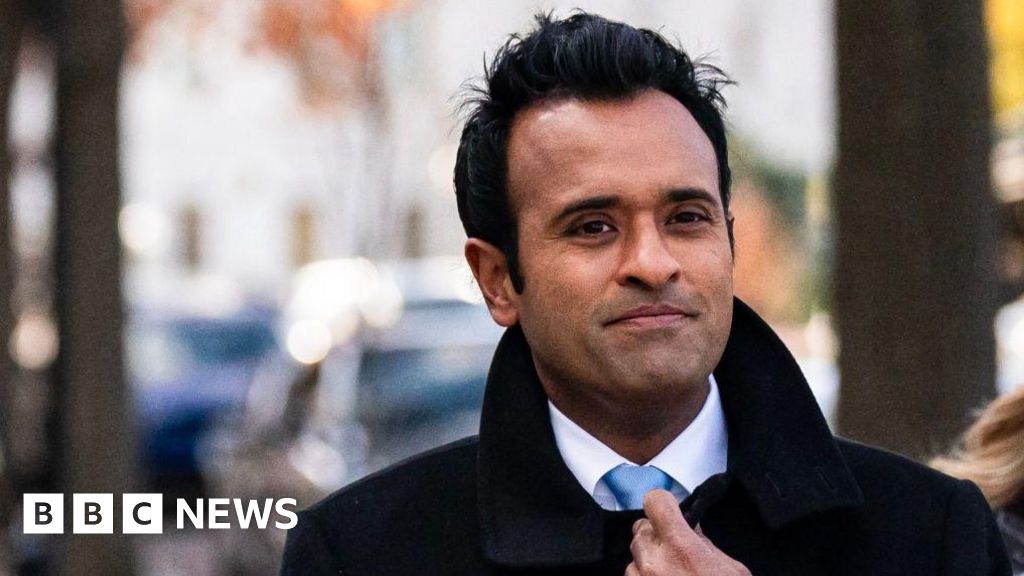World
Leonard Korir, Third at Olympic Trials, Might Be Shut Out of Olympic Marathon

After three months of uncertainty, Leonard Korir still doesn’t know his Olympic fate. But as of this morning, it’s possible that the third finisher at the 2024 Olympic Marathon Trials will not be running the Olympic Marathon on August 10 in Paris.
That’s because on May 8, World Athletics, the international governing body of track and field, published an updated list of qualifiers for the marathon. The list allotted 11 spots to “universality runners” and thereby filled (technically, exceeded by one spot) the 80-man field for the race.
Korir was one of 10 runners who, until the universality runners were added, looked set to race in Paris on the basis of World Athletics’ ranking system. If no runners get in on rankings, the U.S. will have only two men, Conner Mantz and Clayton Young, in the Olympic Marathon.
It’s unclear at this time whether the 11 athletes added to the field today replace all rankings qualifiers or will compete in addition to them. (The list for the women’s marathon shows 88 qualifiers and nine universality runners for a supposed field of 80.) Amy Begley, associate director of long distance running programs at USA Track & Field, told Runner’s World that USATF is working to get answers from World Athletics and that, historically, universality runners have displaced other athletes. World Athletics didn’t respond to questions from Runner’s World before this story was published.
Trials and Tribulations
Usually, the top three finishers at the marathon trials leave the event assured of an Olympic spot. That was the case for the first three women—Fiona O’Keeffe, Emily Sisson, and Dakotah Lindwurm—at the trials on February 3 in Orlando, Florida. After finishing third in the men’s race, however, Korir knew only that he might be an Olympian.
The reason? Before the trials, the U.S. men had unlocked only two of the three potential spots allotted per country. World Athletics established qualifying procedures to fill each of the 80-runner Olympic marathon fields. Runners could unlock a spot for their country one of three ways during the 18-month qualifying period that ended on May 5: run a qualifying time (2:08:10 for men) on a record-eligible course, have a high enough ranking in World Athletics’ complicated points system, or finish in the top five in certain top-tier marathons. Once a country’s runners unlock the three spots, that country’s federation can name any three of its runners who have met those standards or a slower time standard (2:11:30 for men).
While many countries use a committee to pick their marathon squads, the U.S. uses a trials race, in part to remove the appearance of favoritism. By running faster than 2:08:10 at the 2023 Chicago Marathon, Mantz and Young secured two spots for U.S. men. As it turned out, they went 1-2 at the trials and left Orlando knowing they’d run the Olympic Marathon. Korir’s coach, Scott Simmons, told Runner’s World soon after the trials that he was 95 percent certain Korir would make the team for Paris. Still, Korir’s future was uncertain.
Several scenarios for Korir making or not making the Olympic team existed. His performance at the trials put him 67th on the list of 80 potential qualifiers. But the spring marathon season meant that others from countries that didn’t already have three qualifiers could surpass him, either by breaking 2:08:10 (which would guarantee a spot) or passing Korir in the rankings (which remained in flux throughout the qualifying period).
Korir made two attempts to improve his chances. On March 17, he started the Lisbon Half Marathon. He would have needed to come close to breaking Ryan Hall’s U.S. record of 59:43 to get enough points to better his ranking. When it became obvious after halfway that wasn’t going to happen, Korir dropped out of the race. Then, on April 14, Korir ran the Rotterdam Marathon with the goal of breaking 2:08:10 to automatically secure his spot. That was a challenging goal, given that his personal best is 2:07:56, set in 2019, and he was still recovering and building back from the trials two months earlier. Korir passed halfway in 63:57, just under the pace needed for an automatic qualifier. But he faded over the second half and placed 19th in 2:12:47.
The following day, American CJ Albertson placed seventh in 2:09:53 at the Boston Marathon. That performance moved Albertson into 72nd place on the World Athletics list, ahead of Korir. Those positions remained unchanged when the qualifying period ended on May 5. With 70 of the 80 Olympic spots going to time qualifiers, Albertson’s ranking appeared high enough to secure the third U.S. spot. (Because USA Track & Field honors the finishing order in trials races, Albertson, who placed fifth at the trials, or anyone else unlocking the third U.S. spot would have done so for Korir, thanks to Korir’s superior placing at the trials.)
Universality Runners Trump Rankings?
Then came May 8 and World Athletics’ updated listing, which allotted the remaining spots in the marathon to 11 universality runners. The athlete-allocation regulations for the Paris Games state that, in addition to bringing together the best athletes in the world, the Games should also “ensure universal representation.”
Specifically, countries that sent fewer than an average of eight athletes in individual sports to the previous two Olympics are given a small number of spots in several sports, even if the athletes haven’t met the sport’s Olympic qualifying criteria. These are universality runners. In track and field, World Athletics allocates those spots in the 100 meters, 800 meters, and marathon.
As Simmons noted in a phone call and email to USATF on May 8, the World Athletics guidelines for universality runners state the runners should be a country’s best-ranked athlete. Yet that’s true of only six of the 11 universality runners on World Athletics’ list. In addition, one of the 11, Yaseen Abdalla of Sudan, appears not to have raced even a half marathon, much less a marathon. With Abdalla’s longest race listed as 10,000 meters, he could be said not to meet the World Athletics criteria of “proof of the technical level and international participation of the nominated athlete” in regard to the marathon.
According to World Athletics’ timeline, the final marathon fields will be published on May 12. Although the marathon fields for the 2021 Olympics were supposed to be capped at 80, 110 men and 103 women were granted a spot in those races.

Scott is a veteran running, fitness, and health journalist who has held senior editorial positions at Runner’s World and Running Times. Much of his writing translates sport science research and elite best practices into practical guidance for everyday athletes. He is the author or coauthor of several running books, including Running Is My Therapy, Advanced Marathoning, and Meb for Mortals. Scott has also written about running for Slate, The Atlantic, the Washington Post, and other members of the sedentary media. His lifetime running odometer is past 110,000 miles, but he’s as much in love as ever.










